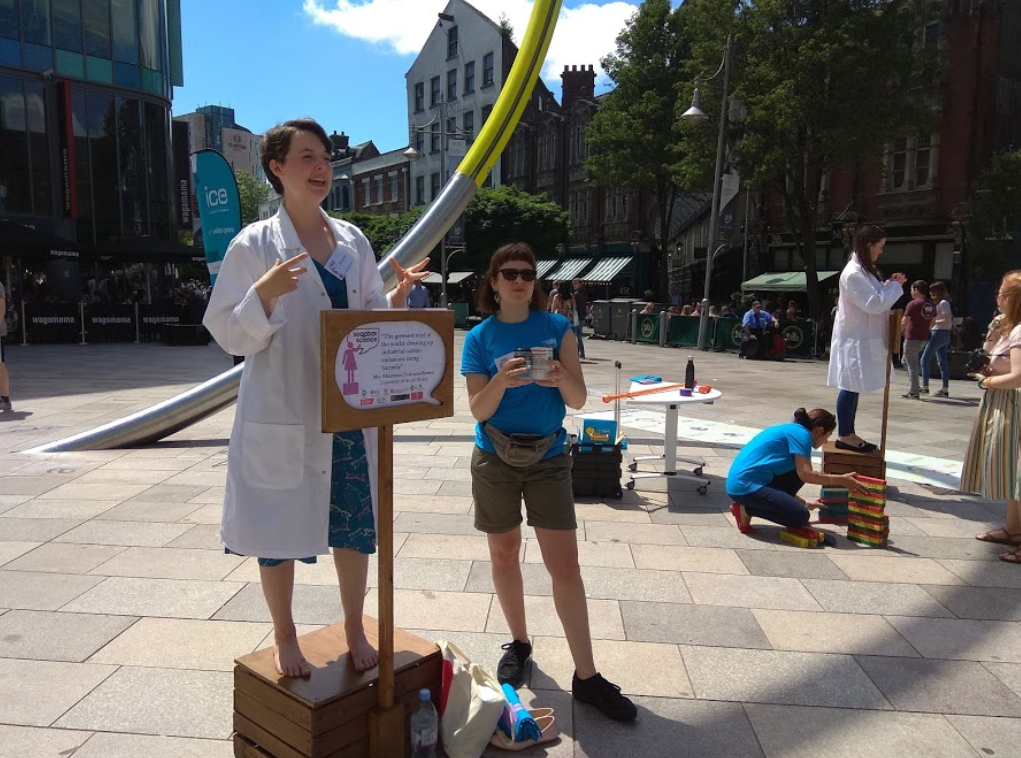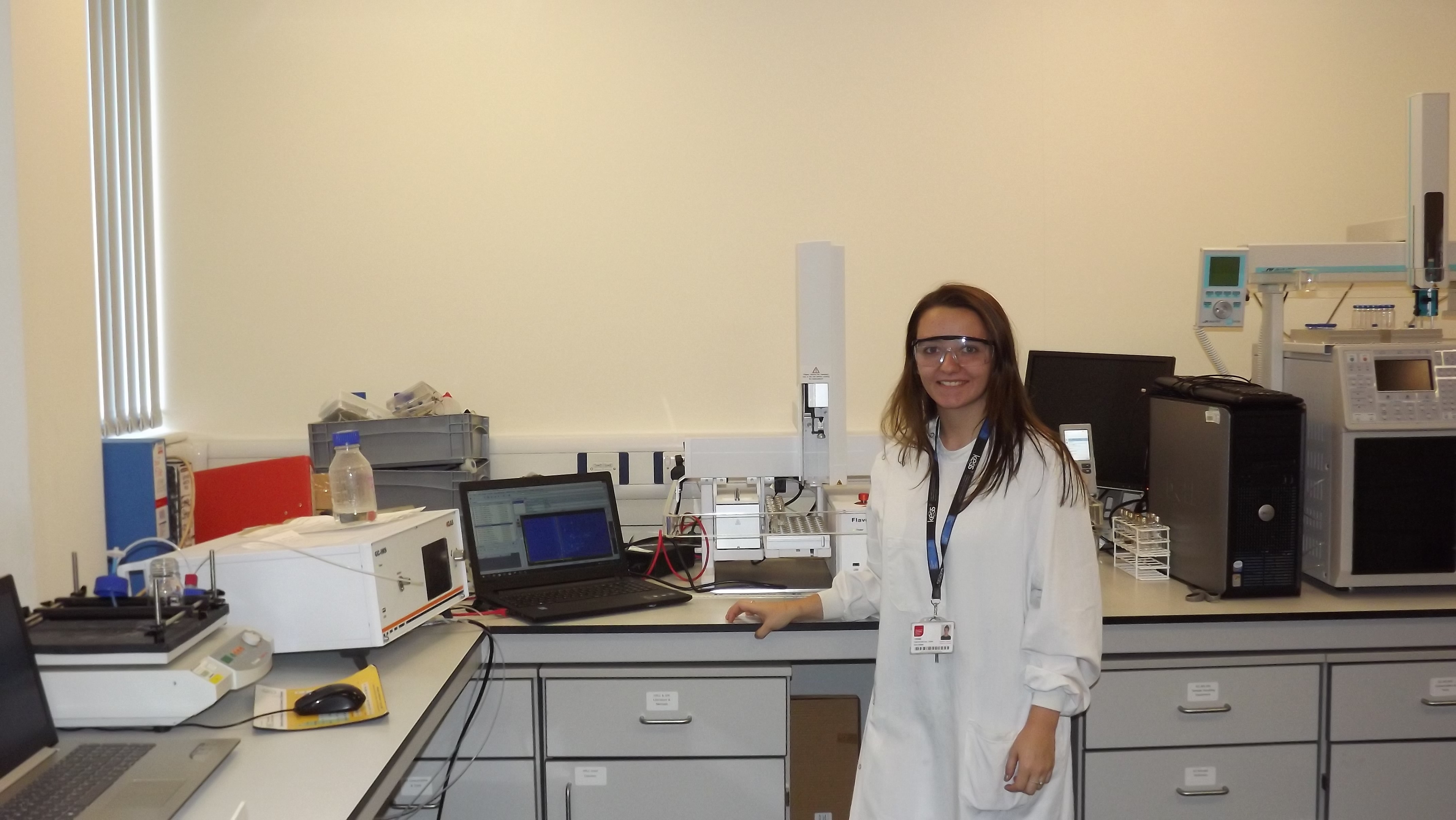DR ADRIAN MIRONAS : Health Services Researcher at Health Technology Wales After completing my BSc in Biochemistry I pursued an MPhil in Molecular Biology funded through the first KESS programme. Subsequently, I pursued a PhD in Diagnostics and Disease Management in collaboration with the NHS and industry. My project looked at novel technologies from the… Read more »
Case Studies: Biochemistry
Wood modification: Adding value to a locally grown CO2-Sink (Video)
A video case study by Bangor University and KESS 2 funded PhD researcher Carlo Kupfernagel, his academic supervisor Dr Morwenna Spear and company supervisor Dr Andy Pitman of Lignia Wood. Their project is titled “Wood modification: Adding value to a locally grown CO2-Sink” and in this video Andy and Carlo tell us more about their… Read more »
KESS 2 Alumni Case Study: Dr Rhiannon Chalmers-Brown, Bio-Refining of Steel Manufacturing Co-Production Gases
DR RHIANNON CHALMERS-BROWN : RICE Research Assistant – Low Carbon Bioprocess Analysis I completed my undergraduate degree in Chemistry at USW, I was then encouraged by my research supervisor, Prof Richard Dinsdale, to apply for the KESS 2 scholarship as I had a keen interest in renewable energy and the environmental sector in general. The… Read more »
Innovations in soil health analysis
ROB BROWN INNOVATIONS IN SOIL HEALTH ANALYSIS Soil is a finite and non-renewable resource. It is key to providing a wide range of goods and services such as sustainable food production for a growing population and resilience against climate change. However, increasing the intensity at which we are using soil resources is beginning to cause… Read more »
Developing new chemical and genomic technologies for traceability and quality assurance of edible and industrial vegetable oils
Kirstie Goggin (ESF-funded KESS 2 PhD), was awarded her PhD in an amazing timescale of 3 years 4 months through the KESS 2 Programme, being the first KESS 2 female PhD recipient at USW. KIRSTIE GOGGIN A STUDENT’S PERSPECTIVE My PhD was about developing new chemical and genetic approaches to improve traceability, transparency and authenticity… Read more »
Welsh scientists are helping to keep our food healthy, safe and sustainable
Much of our food in the UK is sourced via often-complex supply chains involving numerous producers and processors from around the world. Unfortunately this can lead to illicit and/or unethical practices as some food ingredients may be contaminated by adulterants or obtained from undesirable sources. Recent examples include the use or horsemeat instead of beef… Read more »














